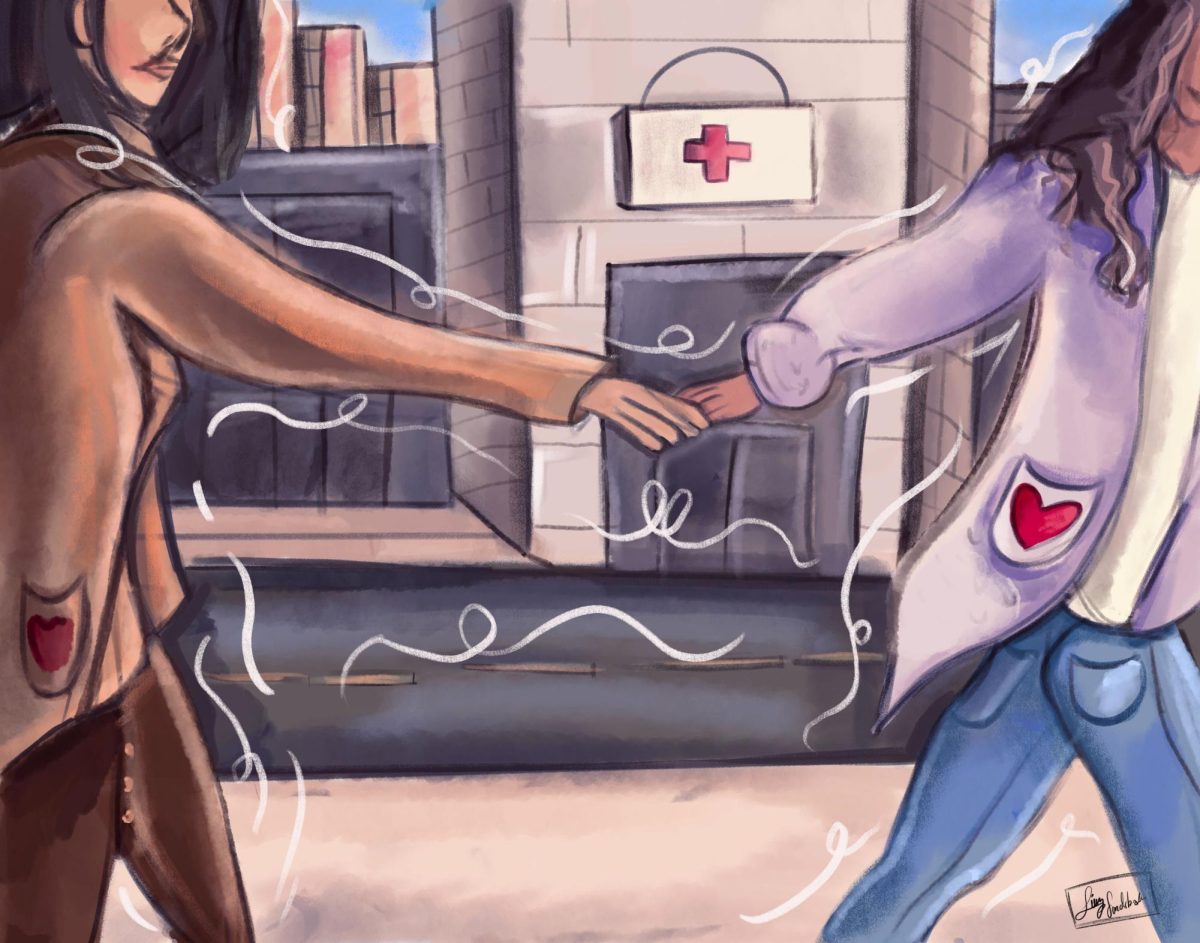SEX ISSUE
Sexually transmitted infections are at an all-time high in the U.S., with three of the most common — syphilis, chlamydia and gonorrhea rising 1.9 percent from 2018 to 2022.
In response to these increasing rates of STIs, the Department of Health and Human Services has created the National Syphilis and Congenital Syphilis Syndemic Federal Task Force. The task force aims to serve impacted communities and “promote health equity” by providing resources.
It’s an epidemic that is only going to get worse if something doesn’t change.
We live in a culture that makes it easy to have sex but then shames us for partaking in it. Because of that, people who get infected may be reluctant to seek treatment.
Of the top STIs, the increase in syphilis cases is the most alarming.
According to the CDC, syphilis cases increased 80% in the United States between 2018 and 2022 (from 115,000 to more than 207,000). They stated, “nearly every demographic group and region increased, as did disparities in the burden of disease among certain racial and ethnic populations.”
Syphilis, while curable, can cause hair loss and sores in its earlier stages but can cause blindness, dementia and, in the worst case, death.
It’s important for people to recognize the early symptoms and to get treated right away. A single injection of long-acting penicillin G benzathine can cure the early stages of syphilis, according to the CDC. Treatment will cure the infection but not repair damage already done.
This isn’t an issue that only affects sexually active adults.
There has been an increase in infants with congenital syphilis, more than 3,700 babies were born with congenital syphilis in 2022 — 10 times more than a decade ago and a 32% increase from 2021.
“It is clear that something is not working here, that something has to change,” the CDC’s Dr. Laura Bachmann told the Associated Press. “That’s why we’re calling for exceptional measures to address this heartbreaking epidemic.”
It’s not enough to push abstinence. Various societal factors including poverty, lack of education or inaccessibility to health care prevent people from receiving care. The stigma of having an STI also holds people back.
This is especially concerning because of all age groups, the highest prevalence of STIs is among college-aged students. According to Hartford Health, about 1 in 4 college students has an STI.
One way to curb this stigma is to provide adequate education and open dialogue around STIs and how to take care of one’s sexual health.
This is something Columbia needs to do.
To protect our community, Columbia must do more to educate and provide resources to the student population. Implementing more condom distribution centers, giving more information about where to go for resources and promoting getting tested regularly could save student lives.
Events centering around safe sex and promoting Columbia’s Safe Sex Program could make it easier for students to reach out if they require treatment. Informing them on how commonplace STIs are and how to prevent them would foster a community of more responsible sexual partners.
One upcoming event on Feb. 16, called, “Are You Coming?” is tackling this very important issue. The forum will be taking place in the Student Center, 754 S. Wabash Ave, on the 2nd floor boardroom.
The event will have a discussion on safe sex, toy giveaways, free condoms and a Q&A.
Events like these should take place year round.
Sexually active adults should get tested for STIs at least once a year or when changing sexual partners. Stocking up on condoms and other prevention measures are also effective ways to keep yourself and our community safe.
While the resources we have are a great first step to tackling this issue, the college needs to do more to ensure students are informed and safe.
Sexual health is not something to be hidden away. The only way to stay healthy is to encourage being proactive and help people get the treatment they need.



















